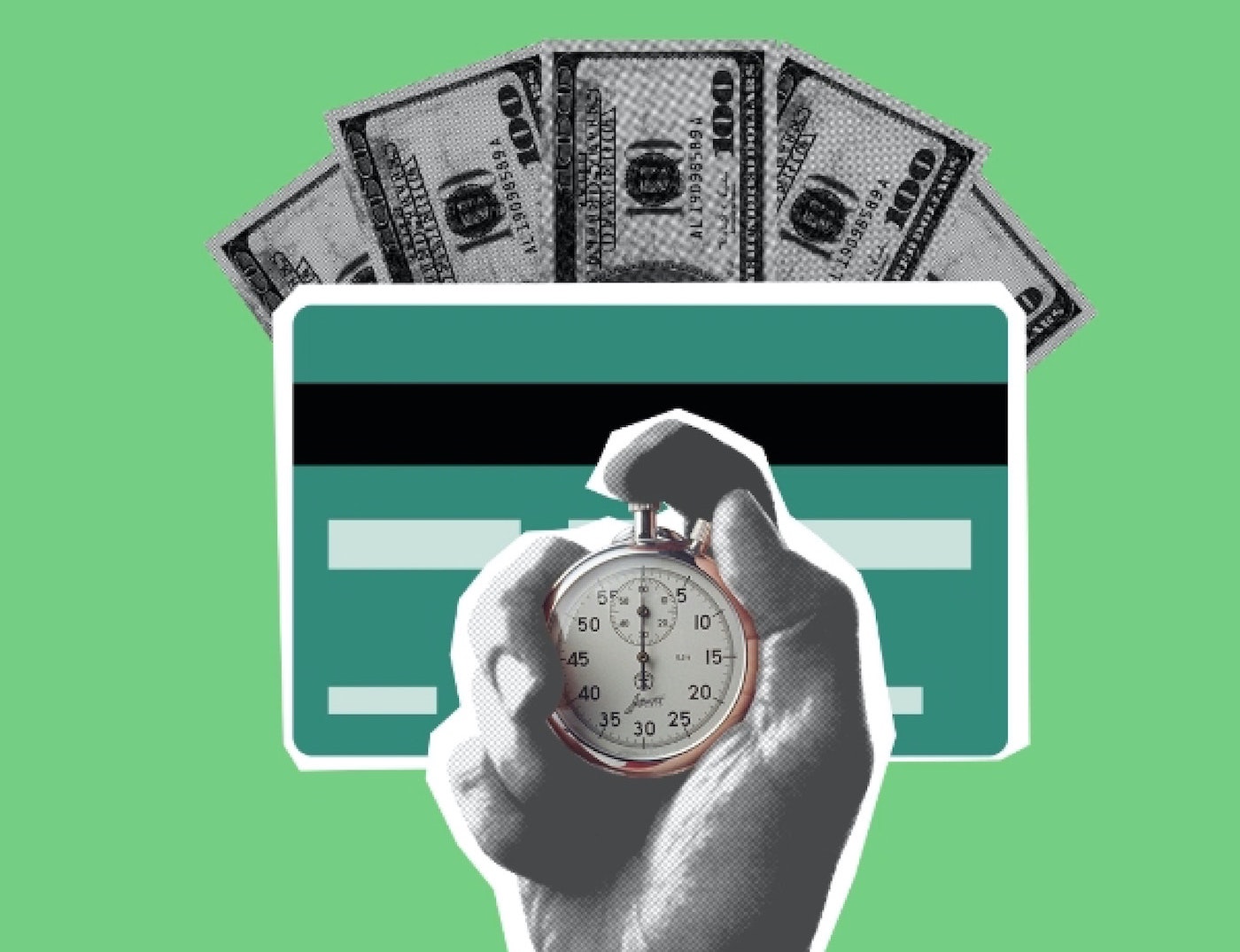As Q3 comes to an end (an abrupt, chilly end for us here in Denver after a 100 degree summer IMO), marketers everywhere have hit the pavement for the Q4 planning period.
What a year it’s been. The pandemic caused online media consumption to skyrocket, in-person events and activities shifted to at-home events and activities, and consumer buying habits went full throttle into an omni-channel experience. Pinterest, Instagram, Facebook and Google all saw increases in purchase conversions from previous years.
Businesses and marketers everywhere are feeling the pressure to adjust their marketing budgets to fit into this new digital advertising paradigm. A paradigm that affirms the importance of digital marketing and how it plays into a business’s growth.
But how much should you actually be allocating towards digital marketing out of your entire budget? Below, we give some key insights to help shape your marketing budget and create a more robust digital presence.
What Should Your Overall Marketing Budget Include?

Let’s first discuss your complete marketing budget and what to include. The short answer is, “it depends” and it can vary based on industry, your organizational structure, and how you set your budget. Businesses on average are allocating 7%-12% of their gross revenue for marketing. For businesses wanting to grow more quickly or for newer businesses, the average budget makes up 12%-20% of gross revenue or forecasts.
Here is a sample list of what you can include in your overall marketing budget:
- Paid digital advertising
- Paid traditional advertising
- Events & sponsorships
- Marketing employee salaries
- Sales promotional material
- Signage & swag
- Content production (photos, video, copywriting)
- Website management
- Marketing software & platforms
- Social media
Digital Marketing Budgets Are Increasing Rapidly
One thing is for certain: digital marketing budgets are increasing across all industries. According to a survey from The Manifest, 95% of small businesses increased their digital budgets in 2020. Additionally, Statistica reports that CMOs surveyed said that their digital marketing budgets specifically increased by 14.3% in 2021.
What does this tell us? Competition is at an all-time high when it comes to marketing on the internet. It also gives us key insights into top marketing executives’ priorities when it comes to getting in front of targeted customers.
And remember, digital marketing budgets don’t necessarily account for advertising only; many marketers are using part of their digital marketing budget to invest in optimizing their current digital customer-facing interfaces such as websites, social media platforms and apps.
How Much Should You Budget For Digital?

According to WebFX, most companies are budgeting 50% or more of their total marketing budget to digital. This is due to a multitude of factors. First, because of the pandemic, marketers have said that their roles have become more important than ever in their company’s organization. And the pressure to drive full-funnel results from customer acquisition to sales and retention is at an all-time high.
Digital marketing accomplishes a lot of key financial goals for marketers: lower cost of customer acquisition, lower cost per lead, and increase in profitability.
But it also helps marketers attain something that leadership vitally needs: trackable metrics of success and revenue attribution. Granular reporting from digital marketing efforts allows marketers to not only adjust strategies and campaigns throughout the year, but it gives them tools for showing leadership the true, bottom-line value of their marketing spend.
What Should Be Included In Your Digital Marketing Budget?
Going back to the “it depends” answer, it really does just depend on your goals and customer buying journey. Think about your bottom line goals and what your leadership values when it comes to delivering results. Next, consider how your sales and marketing processes work together. Furthermore, take a look at documented successes and what has worked well in the past.
Key priorities for marketers budgeting in the digital world are:
- SEO
- Paid advertising including programmatic, geofencing, video, PPC or paid search
- Social media, paid & organic
- Content creation including copywriting/messaging, photos & videos
- Video advertising & website implementation
- Data analysis & revenue attribution
- Optimizing website & other interfaces including apps
- Enhancing internal communication processes with chat features & sales software
Tools For Getting Your Data Infrastructure Up To Speed

Last month, we detailed the negative impact your business’s growth faces by not having a database in your tech stack. When investing more in digital marketing, it is important to make sure your data infrastructure is optimized to get the best impact.
Here are some key points surrounding your data intake to keep in mind:
- A robust CRM is a necessity for maintaining customer data when you get an increase of online leads. Hubspot offers a free CRM here.
- True revenue attribution requires software to track a customer’s omni-channel journey before converting to a customer. You can view top attribution software here.
- Google Analytics is a must-have for all websites and you can get training on best practices here.
- Prioritizing email marketing and communications for lead generation is integral in moving that lead through the buying process. We recommend using an email platform built into your CRM but here is a list of top email marketing platforms from G2.
Last Thoughts
Whether you are ready to improve your digital marketing budget now or in the future, keep in mind that everyone around you is investing heavily in digital marketing. It is only a matter of time that your leadership understands the necessity of digital and together, we can become the change you wish to seek.










